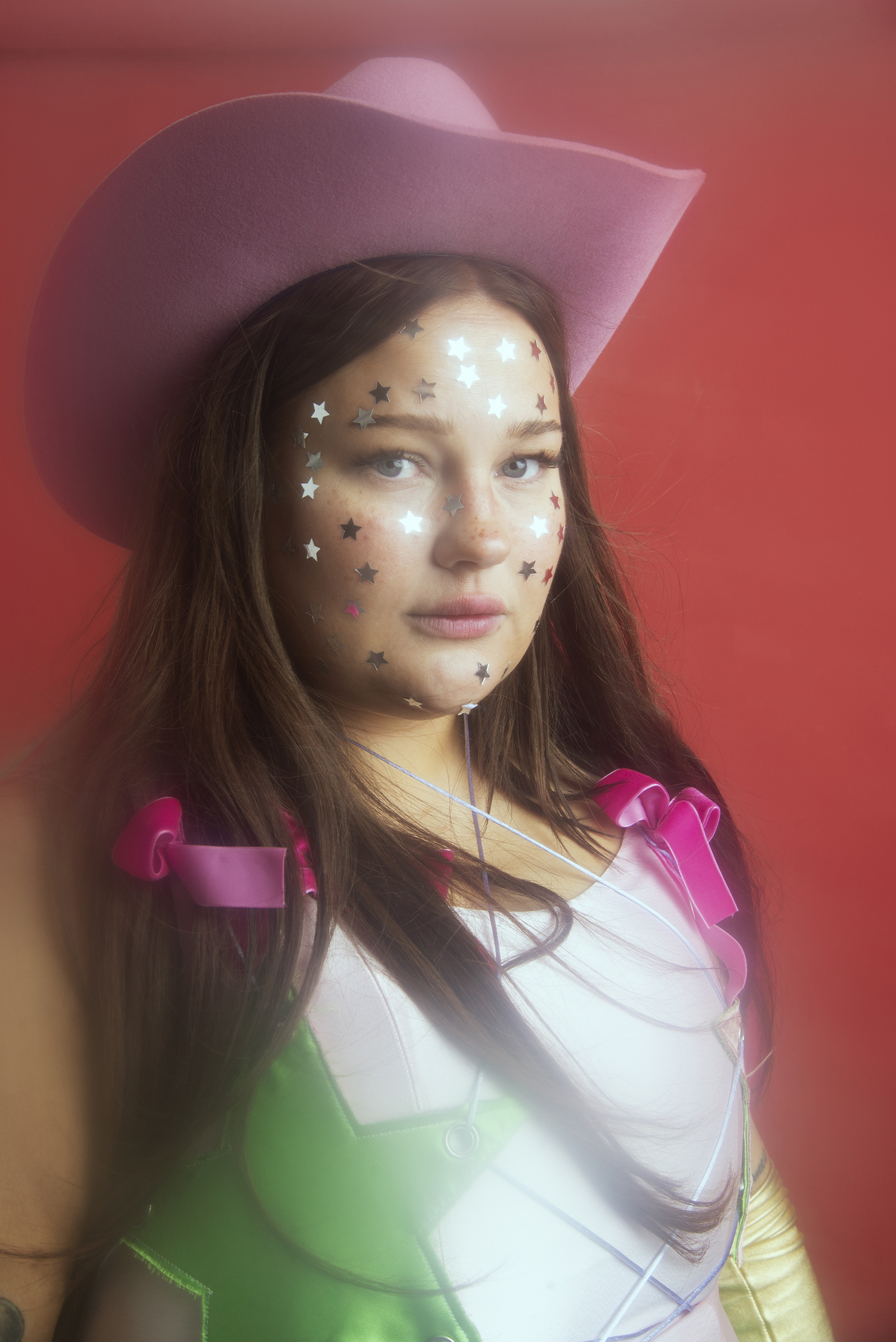Swedish singer-songwriter Sarah Klang has always been a master of weaving raw emotion into her music, but with her latest album, “Beautiful Woman,” Sarah transcends into a new realm of storytelling.
This deeply personal and expansive exploration of womanhood—spanning childhood, adolescence, motherhood, and beyond—is a poignant reflection on the pressures, struggles, and triumphs of being a woman in a patriarchal world. “Beautiful Woman” is a manifesto of defiance, solidarity, and self-discovery.
From the opening notes of the title track, Sarah Klang sets the tone for an album that is as much about women’s vulnerability as it is about women’s resilience. The piano-driven anthem captures the bittersweet experience of a young Sarah’s sexual awakening, juxtaposed with the crushing weight of societal expectations. “Beautiful Woman” encapsulates the toxic beauty standards that haunt women from a young age.
“I remember it being an extremely awkward time for me growing up. On the one hand, I was chasing boys, finding my sexuality, but on the other, I was being told women should keep their virginity, they should conform, and they shouldn’t be curious. It was a very confusing time,” Sarah recalls.
For “Beautiful Woman,” Klang ventured beyond her DIY roots, collaborating with Grammy-nominated producer Eric D. Johnson in Los Angeles. This shift brought a newfound energy to her music, as she embraced a live recording style with a handpicked ensemble of musicians. The result is a lush, pop-infused sound that feels intimate and expansive.
A standout track born from this collaboration is “Last Forever,” a country-tinged love song featuring shared vocals with Johnson. Klang describes the experience as “an eye-opener,” adding, “Suddenly there were two perspectives, and that is very new for me. To get to work with someone I admired so much was a dream come true.”
The entire album delves into Klang’s struggles with body image and the damaging effects of media and societal pressures. “Other Girls” is a haunting reflection on the competitive nature of girlhood, fueled by the male gaze. “Nothing tastes as good as feeling skinny, I was told when I was young,” Klang sings, referencing Kate Moss’ infamous quote. The song’s bittersweet tone captures the pain of growing up in an era where women were constantly pitted against each other.
“Childhood” is a stripped-back, mournful ballad where she grapples with the lingering effects of her early years. She sings, acknowledging the complexity of reconciling with one’s past. Despite its introspective nature, “Beautiful Woman” is ultimately an album of hope and empowerment. Tracks like “Jackson Browne” and “Go to the Sun” symbolize Klang’s journey toward healing and self-acceptance. The former is a metaphor for finding solace in new experiences, while the latter reflects a mental shift from darkness to light.
The album closes on a touching note with “I Have Everything,” a song that radiates contentment and gratitude. “Could I wake up tomorrow / and put some music on / I would smile at my daughter and tell the sorrow I’ll be gone / ‘Cause you see I have everything I want,” Klang sings, marking a profound moment of personal triumph.
“We face the patriarchy daily, and because of that, we have a language that is ours. We only have to look at each other to know,” says the artist.
Throughout “Beautiful Woman,” Sarah Klang emphasizes the power of female solidarity. This sense of unity is woven into the fabric of the album, making it not just a personal narrative but a universal anthem for women everywhere.
Sarah Klang has crafted a masterpiece that is as cathartic as it is celebratory. It’s an album that confronts the past, embraces the present, and looks toward the future with hope—a testament to the resilience and beauty of womanhood.

photos / Fredrika Eriksson
Connect with Sarah Klang:
Instagram | TikTok | Facebook | YouTube
